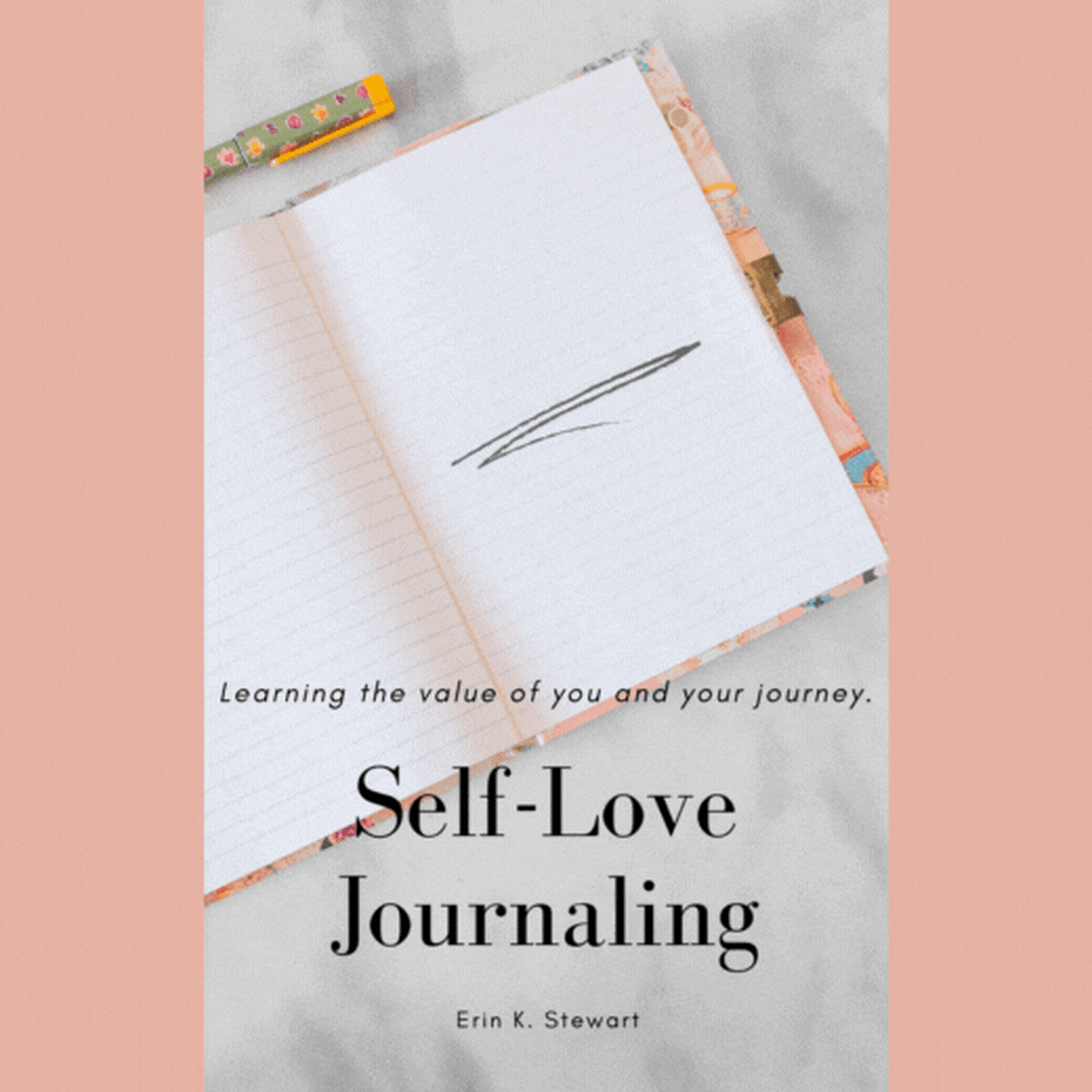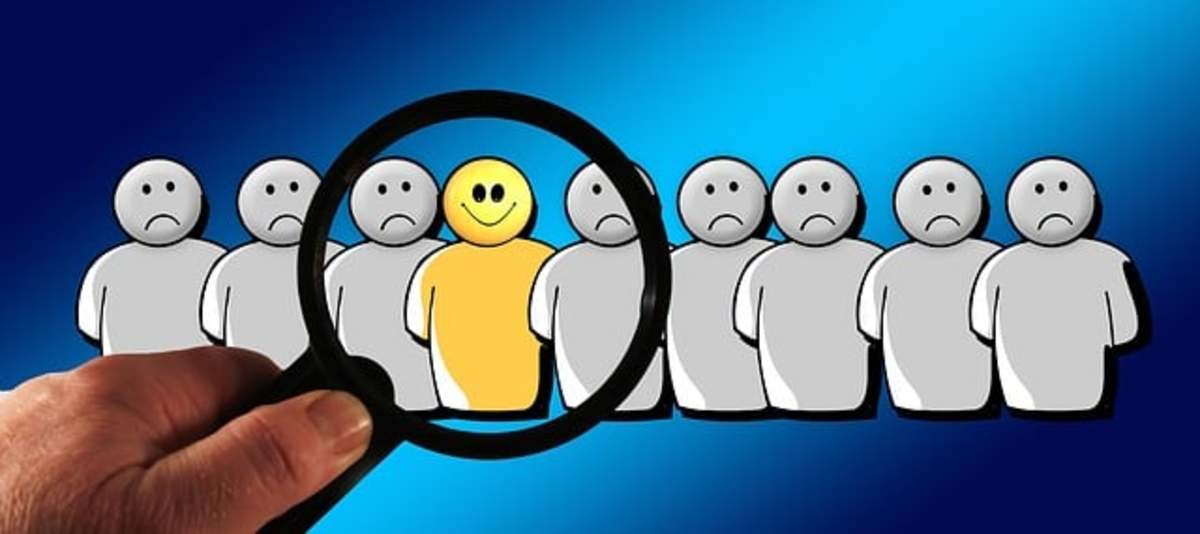- HubPages»
- Health»
- Personal Health Information & Self-Help»
- Mentally & Emotionally Balanced Living
Self-Objectification Makes You Miserable and Fat

Before I got very fat, I was slim and beautiful. Girls were jealous of me and guys often got whiplash turning their heads to look at me. Many years later, as I was battling my food addiction and overeating, I started becoming aware that being lovely was a contributing factor to me staying overweight because I objectified myself.
But before I continue, let’s define self-objectification: it’s seeing yourself in the third person, so it’s seeing yourself only from the outside and not from the inside. In other words, you place value only on the outer layer of who you are, and to yourself, what’s inside doesn’t count.
This was very true for me for a very long time, and actually still is now that I’ll soon be hitting my forties…but I aim to change that and start treating myself kinder. After all, I am a child of the Most High and He doesn’t make crap!
I had temporarily ruined myself on the outside, but no matter how often I started telling myself how great God had made me from the inside, and to focus on the lot of good that I had inside, it was really hard to view myself as worthy because of the person I was. I kept seeing myself as disgusting because of the way I appeared.
To boot, I had not had very many good experiences with boyfriends and I tended to be a loner, so I may have unconsciously developed a bad eating habit because the fat around me was protecting me from the hurt that usually accompanied a relationship. Knowing that when I am thin, I am really rather appealing, I attempted to keep the opposite sex away by being fat! I am not sure if that’s what I did, or if my food addiction was a combination of things, but the point I’m trying to make is that I self-objectified, and as a result, my self-esteem really took a knock by being overweight.
Now, how do females start self-objectifying?
It starts with an image driven culture – all those advertisements with beautiful thin women who have been photo shopped. And how often do you hear people’s opinions of someone prioritised by the way they look? For me, it was a close family member who often objectified people, perhaps because she too had been lovely in her youth and self-objectified as a result. I often heard when she described people, “she’s nothing to look at, but such a lovely lady”, or “she has a slim figure” when their looks should not have accounted any relevance in the discussion.
The media encourages self-objectification. In fact, studies have shown that women who regularly read magazines, watch TV or peruse other forms of media “intake”, tend to be more depressed than others, and tend to suffer more from eating disorders and self-objectification.
You could also have a parent who self-objectifies and passes the habit on to you.
What are the effects of self-objectifying?
- Causes anxiety and depression
- Tendency to eating disorders such as anorexia, bulimia, overeating, food addiction
- Body shame
- Constant dieting
- Never happy with your appearance
What can you do to stop self-objectifying?
- Make a conscious effort to remind yourself that even though you may be overweight, you still have inner qualities that are of worth. It’s important to try stopping the initial thought that encourages self-objectification
- Limit your TV viewing
- Cancel your glossy beauty magazine subscriptions
- Limit the amount of time you spend with people who make appearances a priority
Finally, answer this question: what would happen if you stopped objectifying yourself?
Lose weight without feeling deprived or having cravings. Check out natural health guru Mary-Ann Shearer's 100 Days to Health program here:
- The natural way online shop | Mary-Ann's OnlineThe Natural Way Network
Find the 100 Days to Health program at Mary-Ann Shearer's online shop.




